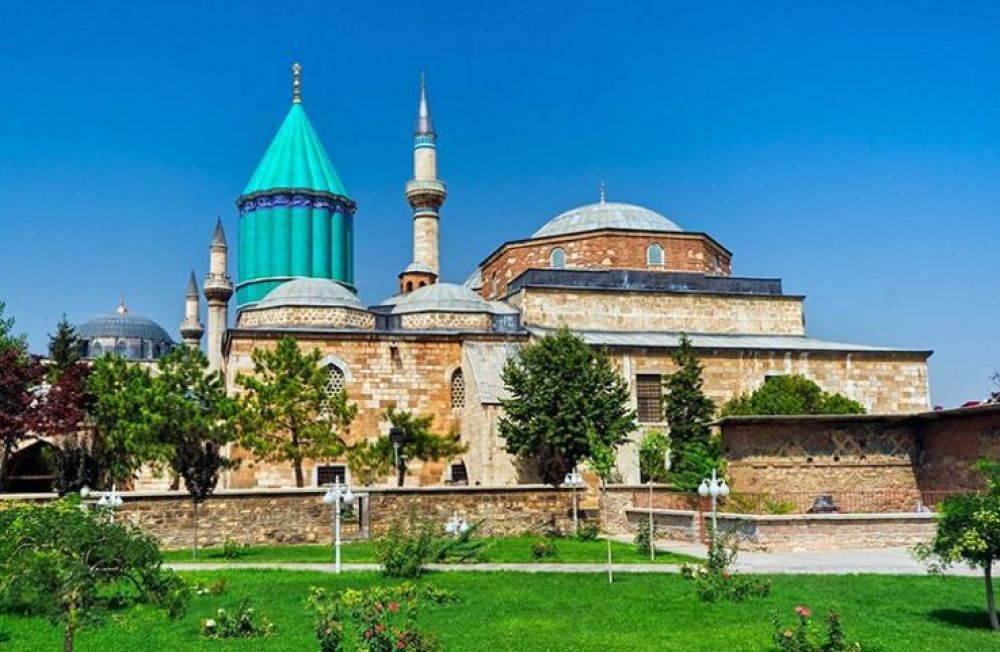

The Mevlana Museum in Konya, Turkey, is not just a tourist attraction; it's a spiritual epicenter for Sufis and those fascinated by Rumi's teachings. The museum was originally the lodge of the Mevlevi order, better known in the West as the Whirling Dervishes. Its conversion into a museum dates back to 1927, following the end of the Ottoman Empire and the subsequent secular reforms carried out by Mustafa Kemal Atatürk.
The Mevlana Museum is the mausoleum of Jalal ad-Din Muhammad Rumi, a Persian Sufi mystic also known as Mevlana or Rumi. Rumi's poetry and religious writings are profoundly significant, and his message of love and unity continues to resonate throughout the world. Visitors flock to the museum to pay their respects and to feel closer to the wisdom Rumi imparted.
Originally, the museum was the Rose Garden of the Seljuk Palace, given to Rumi's father as a resting place. After Rumi's death in 1273, a mausoleum known as the "Kubbe-i Hadra" was built over his tomb. Eventually, the surrounding structures were added, providing a place for dervish seminary and a place of prayer for the Mevlevi Order.
Over time, the popularity of Rumi and the Whirling Dervishes has turned the museum into a place of pilgrimage. The "Seb-i Arus" ceremony, held every December, commemorates the death of Rumi and attracts thousands of visitors from around the globe. This ceremony symbolizes Rumi's reunion with the divine and represents one of the peak seasons for tourism in Konya.
In recent years, the Mevlani Museum has seen a rise in its global profile. The museum is now a UNESCO World Heritage site, making it an even more important destination for cultural tourism. With the increasing popularity of experiential and spiritual travel, the Mevlana Museum is positioned as a leading destination for those seeking knowledge, inspiration, and a connection with Sufi heritage.
Moreover, modern facilities and multimedia presentations have been incorporated into the museum, offering visitors deeper insights into Rumi's life, his works, and the practice of the Whirling Dervishes. Efforts have also been made to promote cultural events and exhibitions that further enrich the visitor experience.
When planning a visit to the Mevlana Museum, consider timing your trip around the Seb-i Arus ceremony for a truly immersive experience. The museum offers a contemplative atmosphere that is both educational and spiritually uplifting. While here, don't miss the opportunity to explore the historic city of Konya, whose long history and rich cultural fabric complement the transcendent appeal of the Mevlana Museum.
Whether you're a devout follower or a curious traveler, the Mevlana Museum offers a journey into the heart of spiritual and cultural history that promises to leave you with a deeper understanding of Sufism and an enriched soul. Konya awaits to offer you its serene embrace and to share the timeless wisdom of Rumi.